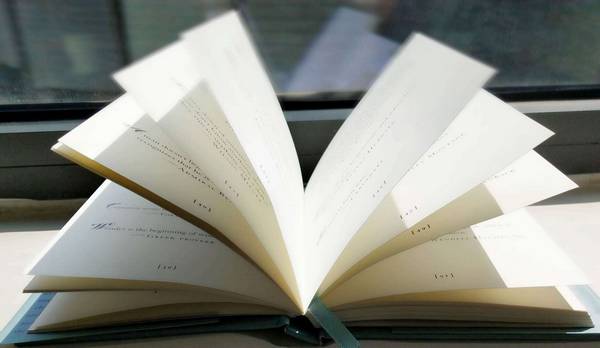今日咱们来温习下英语中常见的九种时态的句型规划及用法。许多人会利诱时态是啥,语态又是啥?
时态就是不一起间发生的动作要用不一样的动词方法来标明,这每一种不一样的方法就叫做时态。语态是动词的一种方法,用以阐明主语与谓语动词之间的联络。英语的语态共有两种:主动语态和被逼语态。今日咱们要触及到一般如今时、一般将来时、一般曩昔时、如今进行时、曩昔进行时、如今结束时、曩昔结束时、曩昔将来时、如今结束将来时共九种时态。
一般如今时
规划:主语+v.(包括be动词)+宾语+其他成分
1)标明常常发生或习气性的动作或状况。i have breakfast at 7:00 every day.
2)表客观实际和广泛真理。the sun always rises in the east .
3)表永久性的动作或状况。he lives in the countryside .
一般如今时一般与always , often , usually ,every day , sometimes , once a week 等连用。
一般将来时
句型规划:主语+will/shall+v.原形+…(第一人称用shall)
i shall go to xining tomorrow.
they will have a party next week.
she will be 18 years old.
标明将来发生的动作或存在的状况,常与表将来的时刻状语tomorrow, the day after tomorrow, next sunday, soon, in a few days等连用。be going to富含“方案,预备”的意思,而will则没有这个意思,
she is going to nanshan park 
tomorrow.
he will be here in an hour.
一般曩昔时
句型规划:主语+v.曩昔时+宾语+其他成分
they saw a film last night .
标明发生在曩昔的动作或存在的状况,一般与标明曩昔的时刻状语如yesterday, last night ,some years ago, in 1990,in those days.等连用。
i was a teacher 6years ago.
i went to tianjing last year.
曩昔将来时
根柢规划:主语+would/should / was/were going to +v.原形+…
he said that he would have a meeting next week.
they said we should leave school tomorrow.
曩昔将来时是安身于曩昔某时,从曩昔的观念看即将发生的动作或状况,首要用于宾语从句中。
如今进行时
根柢规划:主语+be(am, is, are)+ v-ing +其他成分
he is listening to the music now.
she is writing a letter at present.
look! they are dancing.
we are studying english now .
it’s raining hard now.
如今进行时标明如今或如今这段时刻正在进行的动作。一般与now, at present 等时刻状语连用。
曩昔进行时
根柢规划 主语+be (was/were) +v- ing +其他成分
it was raining at 6:00 yesterday.
they were building a school at this time last winter.
标明曩昔某一时刻或某期间时刻正在进行的动作, 一般与 
at 6:00 yesterday, at this/ that time yesterday, when 引导的时刻状语等连用。
如今结束时
根柢规划 主语+ have/has + p.p(曩昔分词)
i have already read this book.
what have you read?
(标明曩昔发生的动刁难如今构成的影响)。
i’ve finished my homework.
he has ever been to pairs.
(标明曩昔某时刻现已初步一向持续到如今的动作或状况一般与下列时刻状语连用 up to now, in the past, recently, by… , for 5 years, since 1994, so far, already, yet, ever, just…)
曩昔结束时
根柢规划 主语+ had + 动词曩昔分词 + 其他成分
when i got to the cinema yesterday the film had begun already.
he had learned english before he came here.
标明动作发生在曩昔某一时刻之前现已结束的动作或状况, 偏重“曩昔的曩昔”, 常与 by the time, by the end of…,before , by 等引导时刻的状语连用。
如今结束进行时
规划:主语 + has /have + been +ving….
标明经曩昔某一时刻发生一向持续到如今的动作(动作未结束),动词有必要用连续性动词。
he has been living here for three years.
i have written a letter. (已结束)
i have been writing a letter. (未结束)
 微信扫一扫打赏
微信扫一扫打赏
 支付宝扫一扫打赏
支付宝扫一扫打赏


